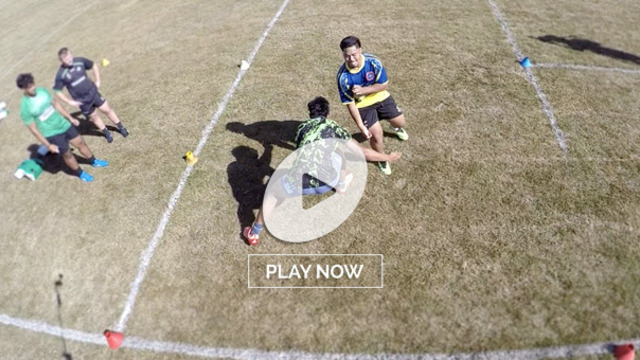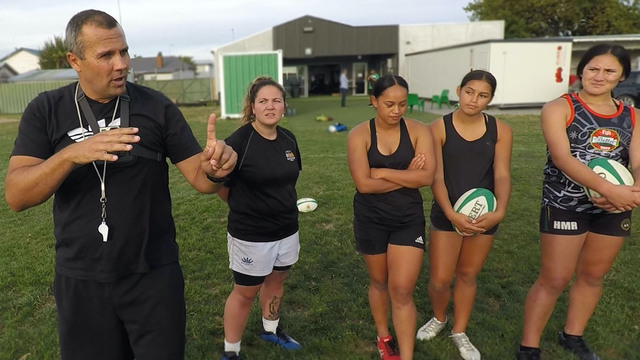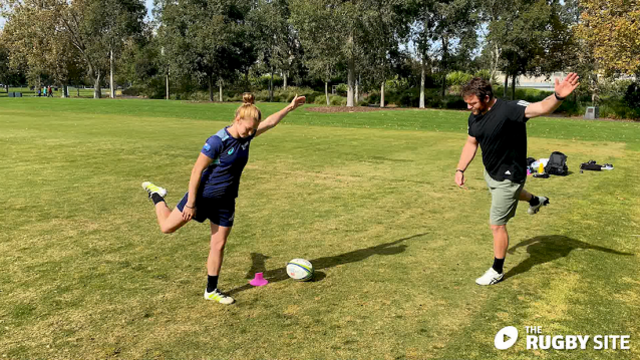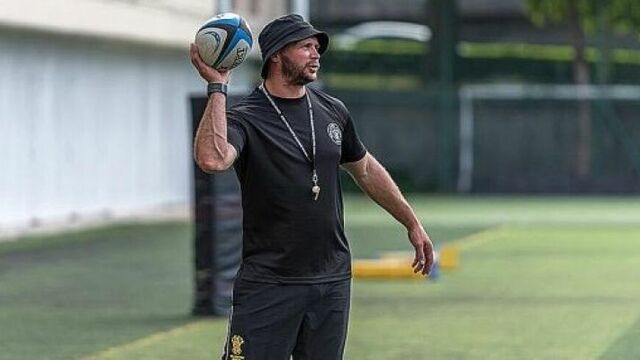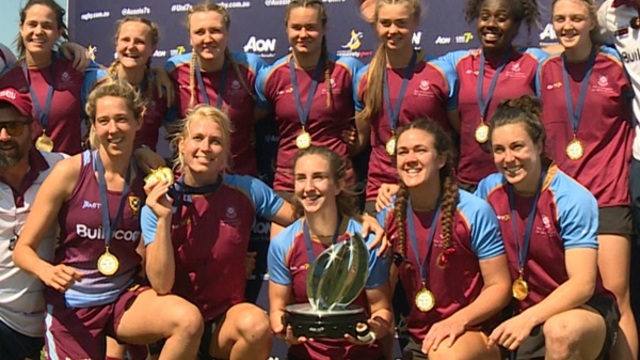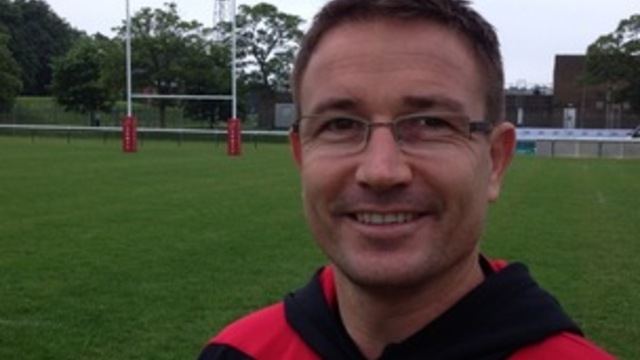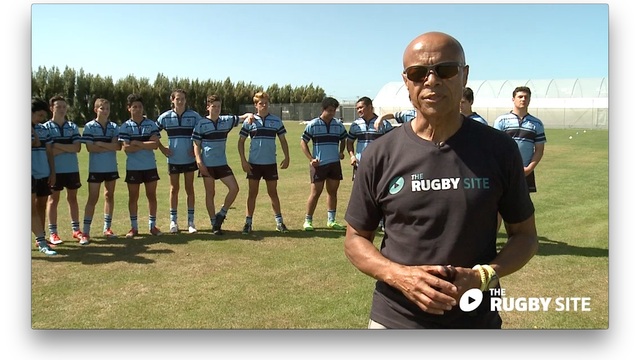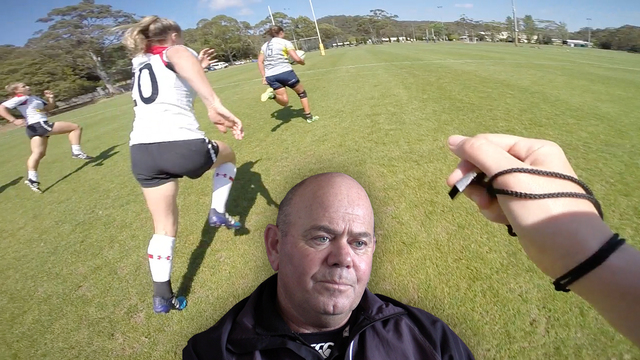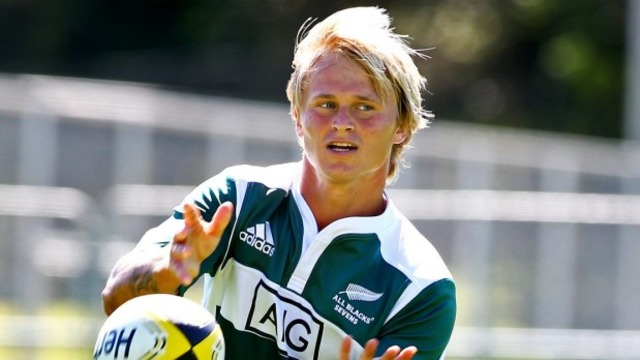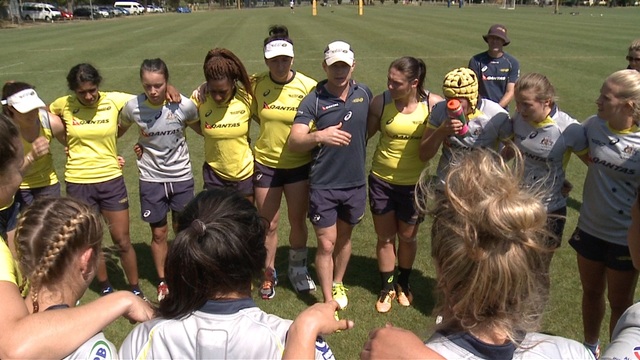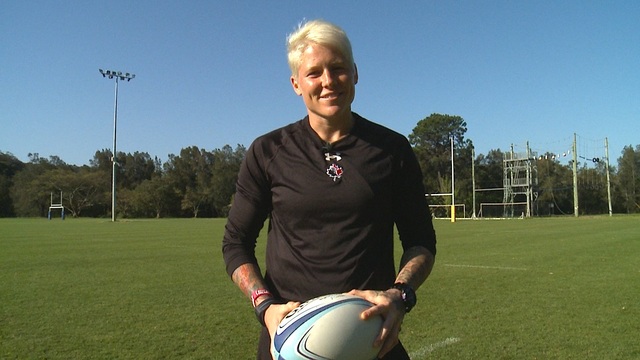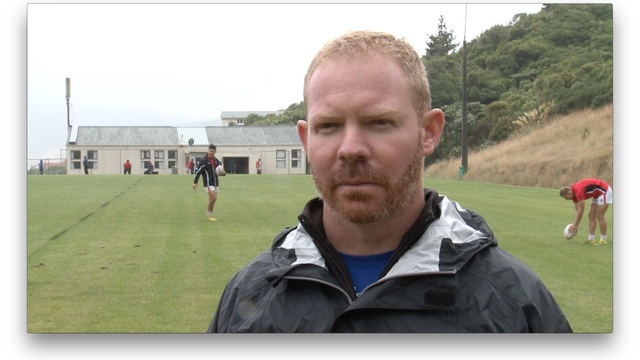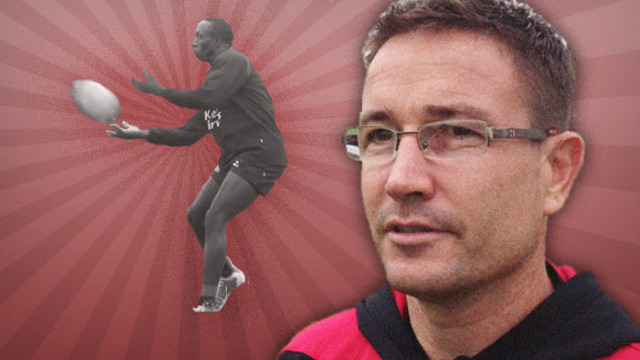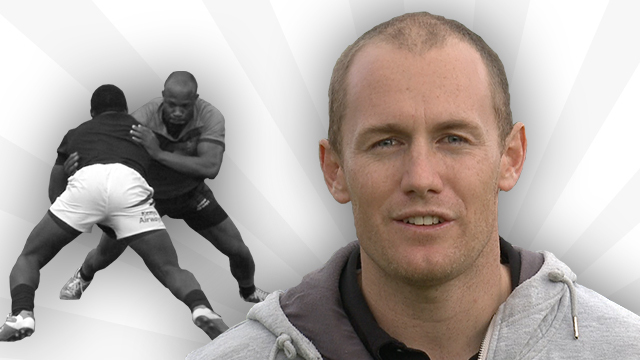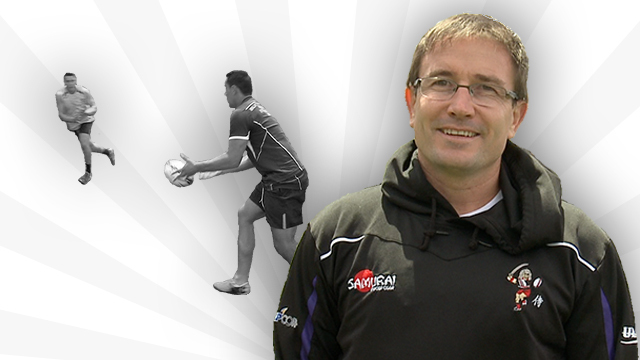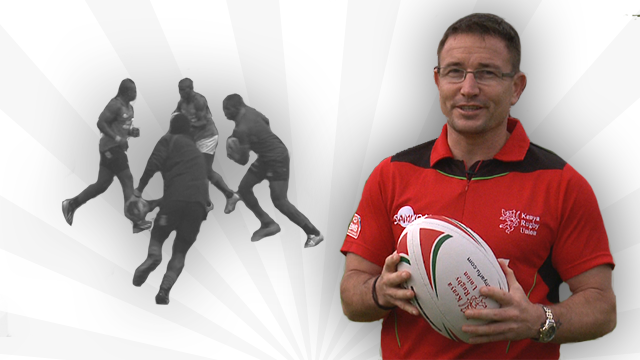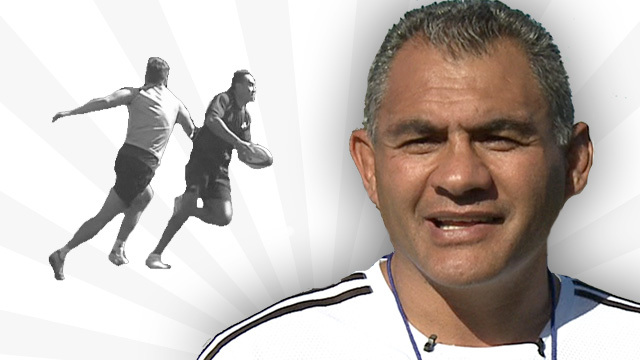The record crowds that flocked to the Commonwealth Games 7s at Ibrox Stadium in Glasgow last weekend underlined the increasing popularity of the shortened form of the game.
But arguably more significant evidence of the sport’s growing stature came with New Zealand’s reaction to their first ever defeat in the competition to South Africa in the final that denied them what would have been an incredible fifth consecutive Commonwealth Games title.
Sir Gordon Tietjens did not dwell on his side’s rare defeat too long before revealing his plans to capture the Olympic Games gold medal in Brazil in 2016 with his comments no doubt tempering the celebrations of the Blitzbokke and the other countries that may have sensed a chink in the armour of a side that has dominated the IRB Sevens World Series stage with 12 titles in its 15-year history.
Tietjens delivered the first major blow in the battle for an historic triumph in Rio, that will play host to the sport’s return to the Olympic programme for the first time since 1924, by revealing that he had already written to a host of current All Blacks to ask them to switch their allegiance to Sevens after the 2015 Rugby World Cup.
His hit-list reportedly includes the likes of former Sevens internationals Cory Jane, Liam Messam and Julian Savea who are all graduates of Tietjens’ prolific talent nurturing production line.
If they accept the invitation, they are likely to line up alongside World Cup winner Sonny Bill Williams who is set to return to union later this year having already set his sights on playing a key role in the defence of the Webb Ellis Cup and adding to his extraordinary sporting CV with an Olympic Games gold medal.
But Tietjens and co’s bid for Games glory may benefit from the support of an even more powerful player – the New Zealand Rugby Union. The national body has thrown its complete support behind the Sevens programme with chief executive Steve Tew confirming that planning was well underway and that a number of leading Super Rugby players and All Blacks would prioritise Sevens in 2016.
New Zealand’s title tilt has also received the backing of All Blacks coach Steve Hansen who has expressed his willingness to juggle the demands of the Rugby Championship and the much-prized Bledisloe Cup with the need to get behind the Sevens programme. Tietjens “will have a plan with what he wants to do, and we’ve got to support that” said Hansen recently.
Talk of such high-profile recruits is perhaps an insult to those Sevens specialists who have cemented New Zealand’s dominance in recent years who may not be household names but clearly know how to play the sport.
The flexibility in terms of selection that New Zealand benefit from stems from the central contract system that allows the Union to control the country’s leading players – a luxury that the likes of England Sevens coach Simon Amor can only dream.
The Rugby Football Union centrally contracts the England Sevens squad but Amor’s hopes of adding to that with some big and able names from the XVs game face a huge hurdle in the form of the country’s leading clubs who contract and therefore control the players.
As tempting as an Olympic Games appearance may be to some, their employers are highly unlikely to release their best players given the demands of the domestic season and the clash with Sevens Series calendar that will serve as preparation for Rio.
The Scottish Rugby Union may have more control of their leading players and their Welsh counterparts may have hopes of a central contract set-up but if Team GB do earn a place in Rio then they will have done so without stars of the XVs game.
In contrast, the NZRU hold the cards and intend to play them. “We’ve said we will pick the best team possible to go win a gold medal in Rio, but the debate is what makes that team up?" Tew told Radio Sport. “Is it a lot of players who have been only involved in sevens for a long period of time? Or is it a mix of players who have played both versions of the game?”
Tietjens has suggested that any Olympic hopefuls will need to commit to around six Sevens Series tournaments in order to quite literally get up-to-speed with some leeway offered to those with previous experience to draw on. Will that be sufficient or should the all-important transition be easy for top-class athletes?
The mastery of the basic skills that have made the All Blacks the benchmark in the XVs game are the same that have been the foundation of the success they have also tasted in the shortened version of the game but that is only part of the make-up of the modern Sevens player.
It may be surprising given the professional nature of the XVs game and the investment in shaping the ultimate athletes, but a lack of fitness may scupper many Olympic dreams.
Former England Sevens coach and current Fiji boss Ben Ryan is one well-qualified observer to have highlighted the specific demands of the Sevens game and proudly boasted that the fitness levels in the Sevens game are a step above even those seen in the elite XVs game. ‘They are fitter and faster’ he has proclaimed in a further blow to those hoping to see the likes of Wales’ George North grace the Olympics stage.
However, the amazing 180,000 tickets that were sold for the two days of action in Glasgow despite the absence of well-known faces illustrates the fact that game itself is the big draw and all of a sudden the 20,000 seater arena set to play host to the Sevens in Rio looks woefully inadequate to cope with demand.
Should the incumbent Sevens stars make way for the big names of the 15-a-side game? Is a ‘Dream Team’ even possible in Sevens? Can professional 15-a-side players match the fitness and skills of Sevens specialists? How will the rest of the world respond to New Zealand’s challenge?


